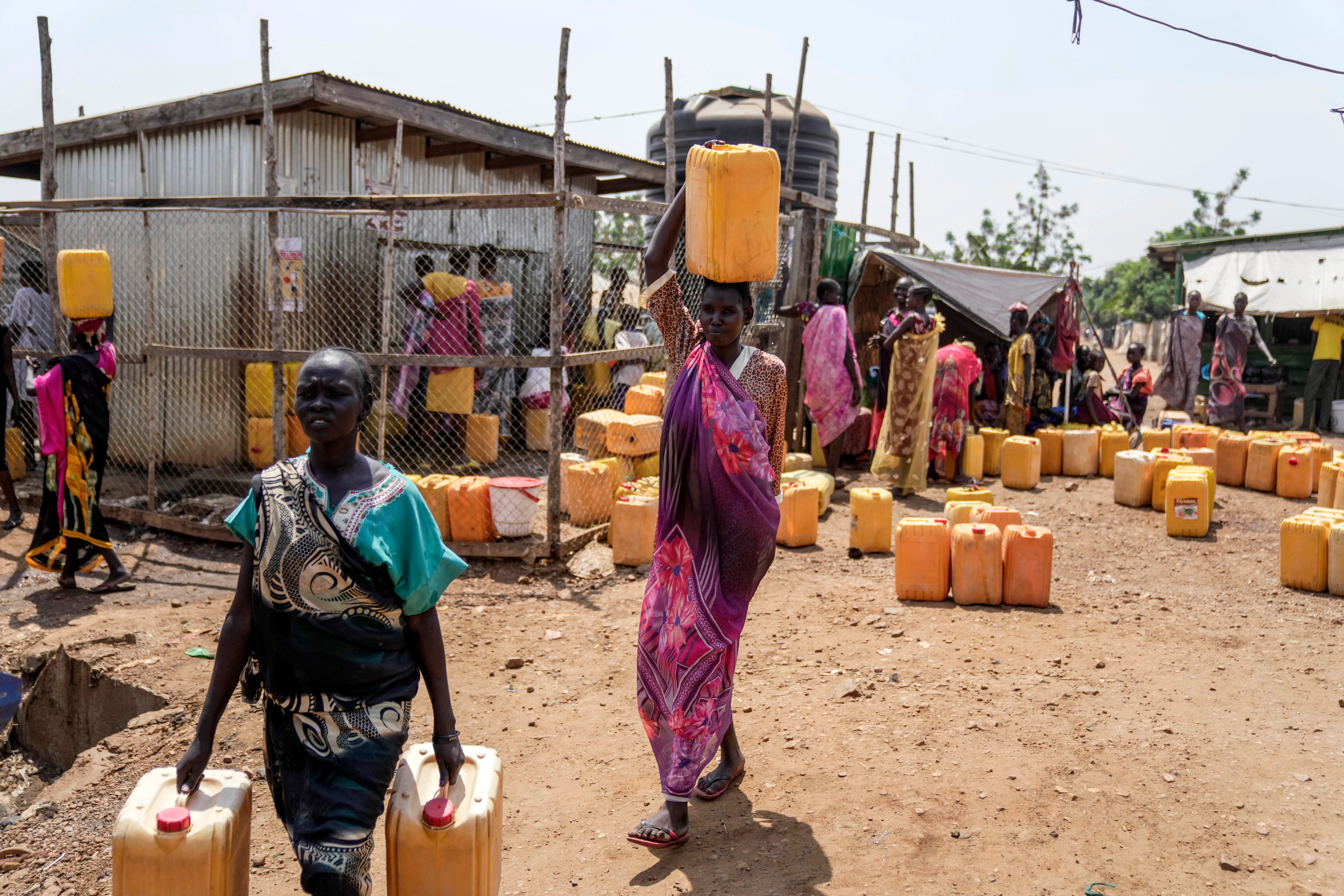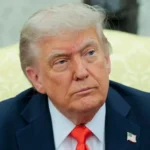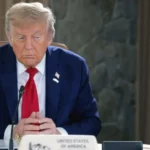
The United Nations has announced significant reductions to its global humanitarian operations following what it describes as unprecedented funding shortfalls from international donors.
The UN Office for the Coordination of Humanitarian Affairs (OCHA) released a statement Monday reducing its aid appeal to $29bn, down dramatically from the $44bn requested in December. The organization will implement a “hyper-prioritised” plan focusing exclusively on the most critical emergencies.
These cuts follow substantial decreases in funding from major donors. The United States, traditionally the largest contributor, has reduced foreign aid under President Trump’s administration. Other donor nations have followed with similar reductions, citing global economic uncertainty as justification.
The funding crisis has reached severe proportions, with the UN receiving only $5.6bn this year, representing just 13 percent of its original request. This shortfall coincides with escalating humanitarian needs across multiple conflict zones, including Sudan, Gaza, the Democratic Republic of Congo, and Myanmar.
Tom Fletcher, undersecretary-general for humanitarian affairs and emergency relief coordinator, characterized the situation starkly: “Brutal funding cuts leave us with brutal choices.” He emphasized that the UN requests only “1 percent of what you spent last year on war” while describing the appeal as “a call for global responsibility, for human solidarity, for a commitment to end the suffering.”
OCHA indicated that remaining aid resources would be redirected toward the most urgent crises, aligning with existing 2025 planning to maximize impact with constrained funding. Fletcher acknowledged the difficult reality facing the organization: “We have been forced into a triage of human survival. The math is cruel, and the consequences are heartbreaking. Too many people will not get the support they need, but we will save as many lives as we can with the resources we are given.”
The implications extend beyond immediate humanitarian aid. High Commissioner for Human Rights Volker Turk addressed the Human Rights Council’s annual meeting in Geneva Monday, warning that funding reductions would compromise early warning systems for human rights violations and weaken protections for vulnerable communities.
Turk cautioned delegates about broader consequences: “Funding cuts to my office, and the broader human rights ecosystem, offer comfort to dictators and authoritarians.”
The funding crisis represents the deepest cuts the UN has experienced, forcing the organization to make unprecedented choices about which global crises receive assistance while millions face humanitarian emergencies worldwide.












Be the first to leave a comment